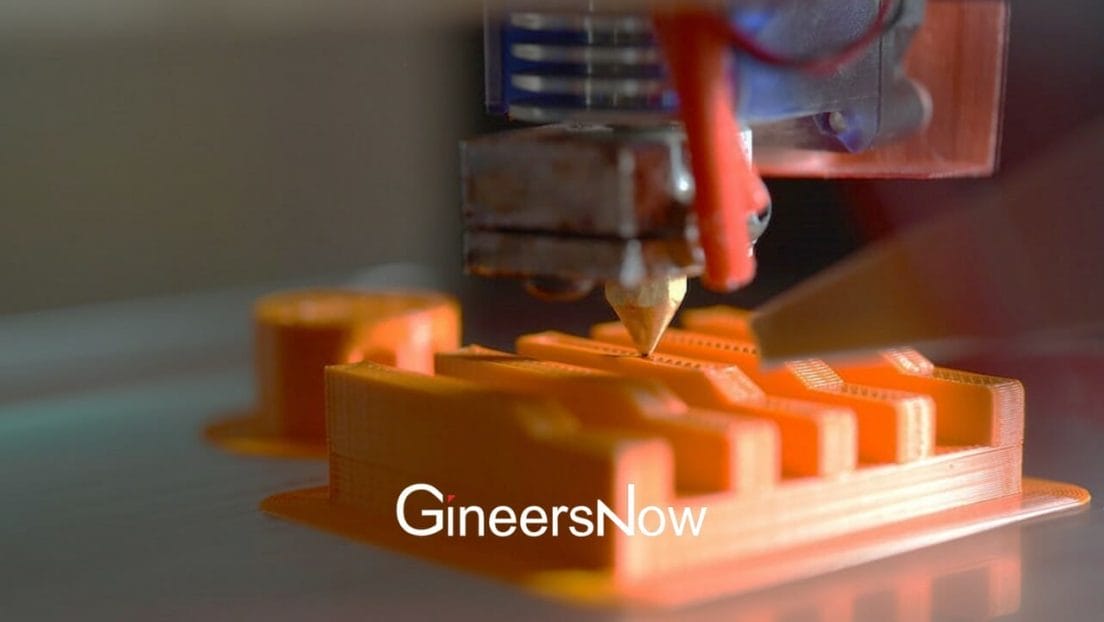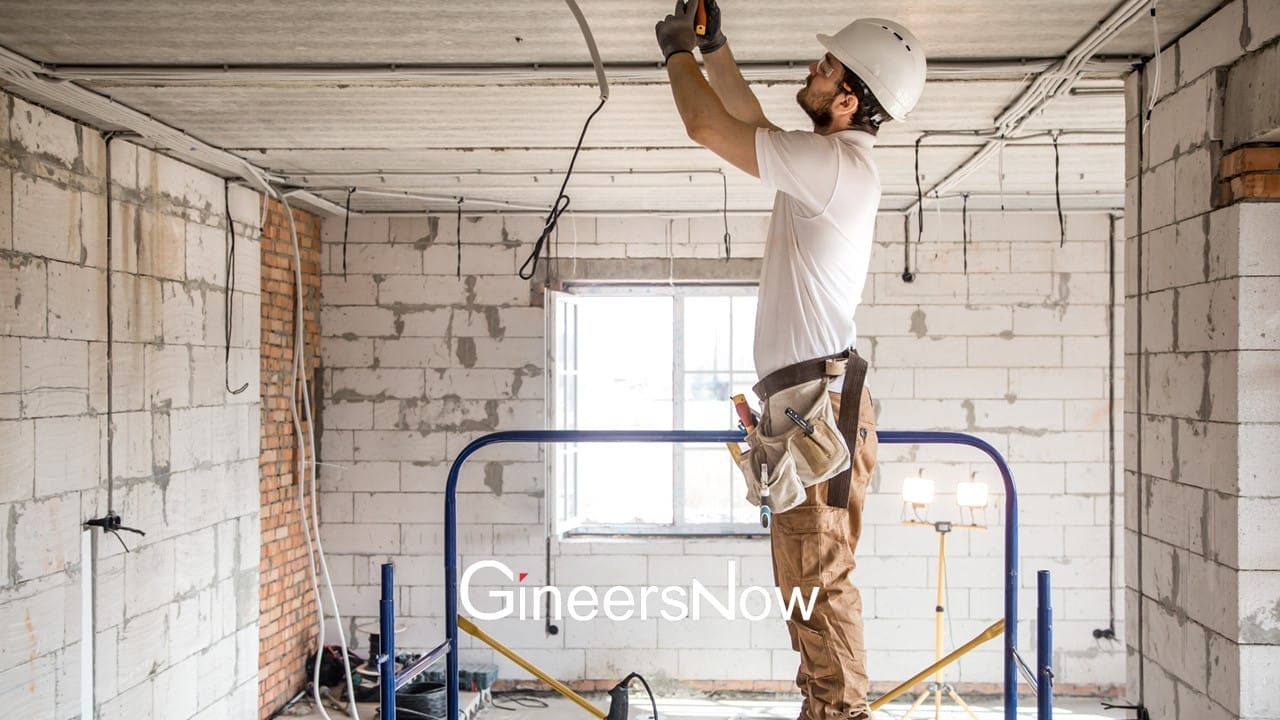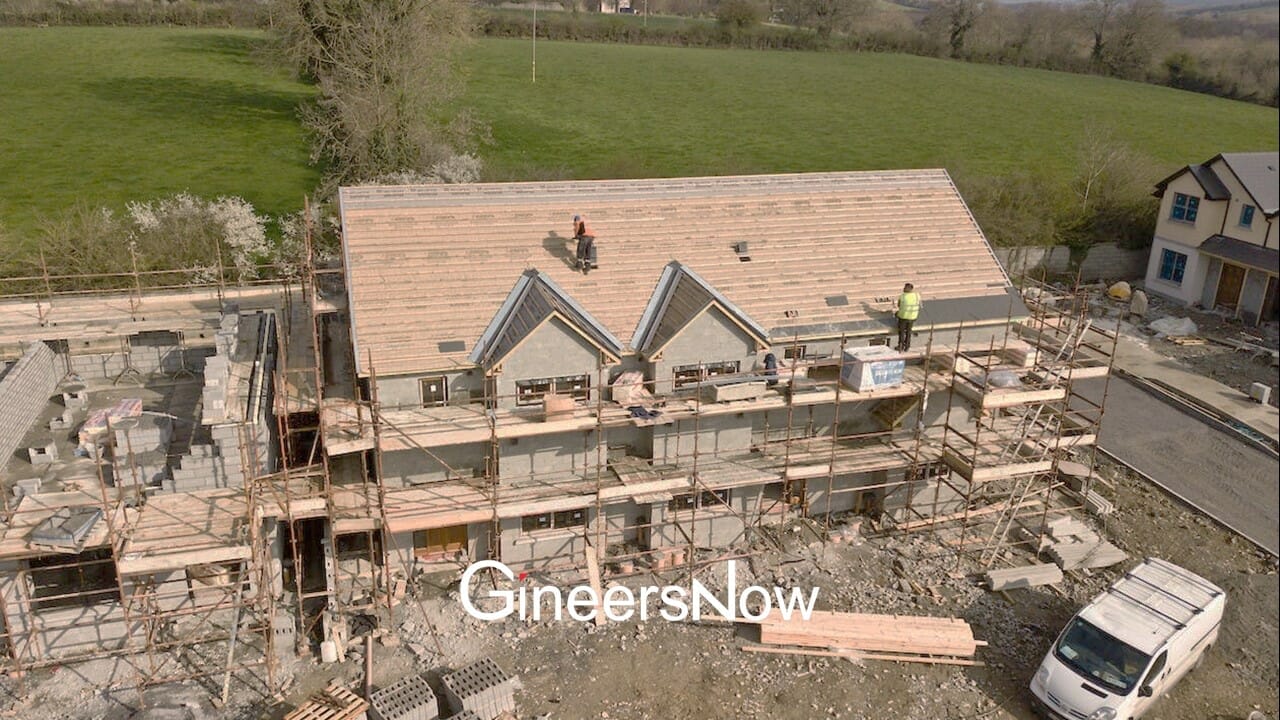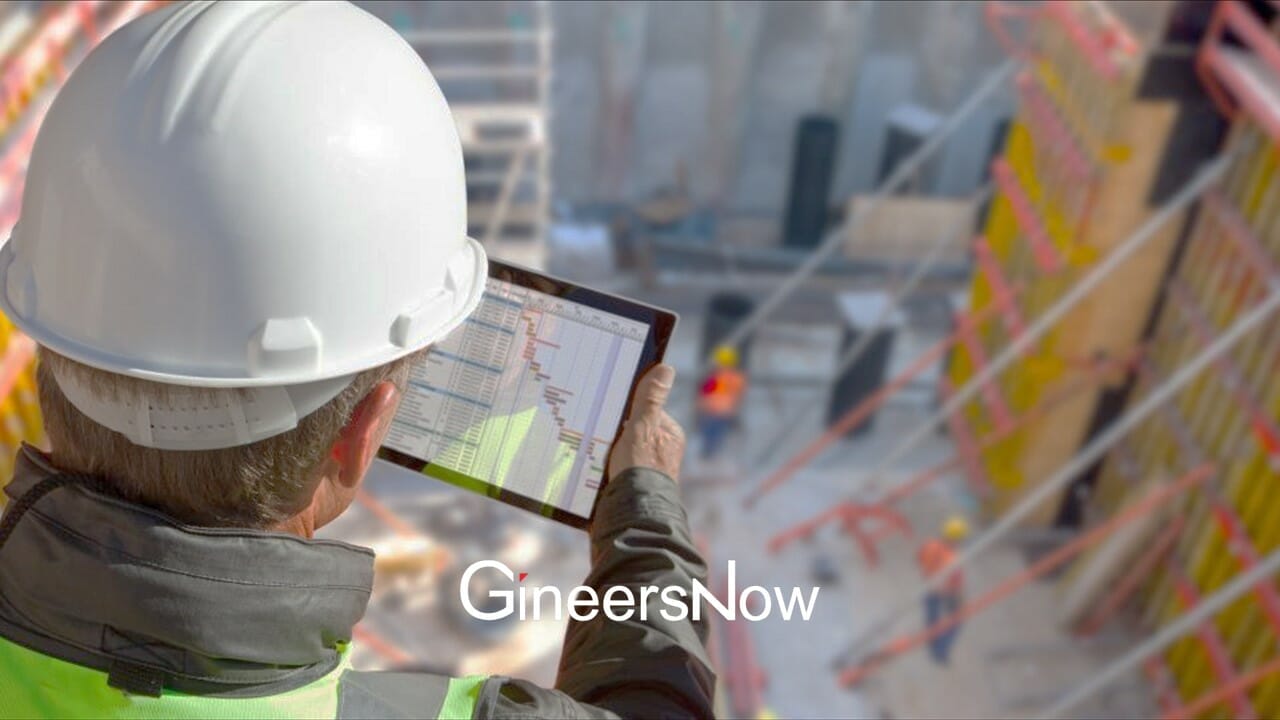The allure of new construction technology resides in its potential to enable companies to construct with increased speed and intelligence, ultimately enhancing efficiency and competitiveness. Beyond that, these latest innovations also prioritize environmental sustainability, introduce innovative housing solutions, utilize advanced materials for road construction, and operate with heightened wisdom. New construction technology is also driving improvements in connectivity, analytics, and the utilization of big data, leading to enhanced efficiencies throughout the industry.
Embracing modernization brings tangible and practical advantages to your existing processes. To stay ahead of the competition, it is crucial for your construction company to explore avenues for incorporating new methodologies into your strategy and workflows. By adopting innovation, you can enable safer commercial demolitions and boost your overall performance in the industry. Here are three new technologies that will profoundly change the construction industry:
1. 3D Printing
3D printing, also known as additive manufacturing, has transformed construction by providing a cost-effective and time-efficient method of building structures. 3D printing is a transformative force reshaping conventional practices and unlocking new possibilities. This groundbreaking technology enables the fabrication of three-dimensional objects through precise layering of materials based on digital models. In construction, large-scale 3D printers can construct entire building components or even entire structures with unparalleled precision and efficiency.
The advantages of 3D printing in construction are abundant, including reduced construction time, minimized waste, and expanded design freedom. It empowers the realization of complex geometries and intricate architectural designs that were once challenging or unattainable using traditional methods. Additionally, 3D printing facilitates customization and flexibility to meet specific project requirements.

2. Building Information Modeling
Building Information Modeling (BIM) is revolutionizing the construction industry by transforming how projects are planned, designed, and managed. BIM offers a comprehensive digital representation of a construction project, integrating all relevant data and information into a centralized platform. This technology enables architects, engineers, and construction professionals to collaborate seamlessly, facilitating better communication and coordination among various stakeholders.
With BIM, real-time visualization, clash detection, and improved decision-making are made possible, enhancing project efficiency and reducing errors. BIM also enables accurate cost estimation, schedule optimization, and effective facility management throughout the entire lifecycle of a construction project.
By leveraging BIM, you can significantly improve project outcomes, minimize rework, and maximize resource utilization. The adoption of BIM promotes greater efficiency, productivity, and sustainability in the construction industry, setting the stage for more streamlined and collaborative approaches to construction projects.
3. Drones
Drones have emerged as transformative tools in the construction industry, revolutionizing various aspects of project planning, monitoring, and management. Equipped with high-resolution cameras and sensors, drones provide an aerial perspective that was previously inaccessible or expensive. They enable construction professionals to capture detailed and real-time data on construction sites, facilitating accurate topographic mapping, site analysis, and progress tracking.
Drones enhance safety by eliminating the need for workers to access hazardous or hard-to-reach areas for inspections and surveys. The collected data and imagery can be processed using advanced software to generate 3D models, point clouds, and ortho-mosaic maps, providing valuable insights for project stakeholders. This technology enables efficient resource allocation, reduces human error, and enables proactive decision-making. Drones have streamlined construction operations, allowing faster project completion, improved quality control, and enhanced team collaboration.
Endnote
As technology continues to evolve rapidly, the construction industry is poised to undergo profound changes that will shape the future of construction toward faster, smarter, and more sustainable project delivery. Only by exploring these remarkable technological advancements can we truly appreciate their immense potential in reshaping the industry and propelling it into a future filled with unparalleled capabilities and endless possibilities.














